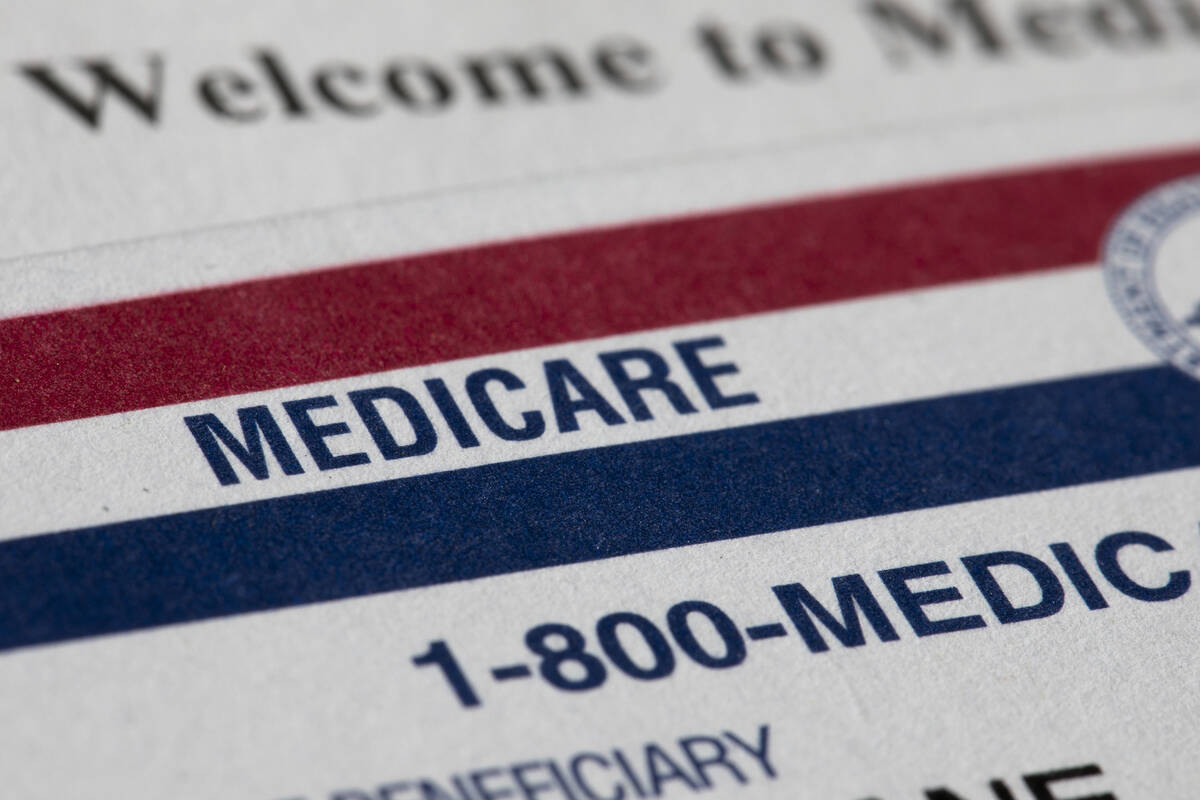Medicare card scam is still running rampant: How to stay safe
Dear Toni: I am concerned about a phone call I received supposedly from Medicare in which the caller was verifying my personal information. He told me that I would receive my new plastic Medicare card with a chip the next day. I’m concerned because it has been over a week, and I have not received the card yet.
I believe that I made a terrible mistake, because I verified my information and answered the questions he asked about me. What should I do or who I should call to see if Medicare is trying to contact me? Sometimes it is hard to know the right thing to do when it involves Medicare. — Jeanette, Phoenix
Dear Jeanette: Sadly, this is a scam that is targeting America’s Medicare population. In fact, I wrote about it in March when another reader expressed similar concerns. Your Medicare card is still the same one that you currently have. There is not a new plastic Medicare card.
The most recent Medicare card update began in 2018 and was completed before April 2019. The current card includes a random identification number and no longer displays your Social Security number.
Medicare and Social Security will never call your home or office and ask for your personal or banking information. Medicare already has all the information needed to verify it is speaking with you. If the government needed information from you, a letter would be sent from the specific government agency (such as Medicare) telling you what information is needed and how to contact them with any questions.
Jeanette, I would advise you to contact Social Security at 800-772-1213 or in person to your local Social Security office and tell them that your personal information has been compromised. You will want to set up an alert regarding your Social Security number to avoid a future problem.
According to estimates from the National Health Care Anti-Fraud Association, taxpayers are losing over $100 billion a year to Medicare and Medicaid fraud. An organization called Senior Medicare Patrol helps Medicare beneficiaries learn how to detect fraud and abuse. To report Medicare fraud or abuse or learn more about common scams, visit the SMP website at smpresource.org.
Here are a few tips to help protect you against Medicare fraud:
■ Do not accept “free” offers in exchange for your Medicare number. Remember, nothing is free. The fraudsters will have Medicare pay for whatever they are offering, and the fraudster will use your Medicare number to get it paid for.
■ Have a safety script to use if scammers call and do not give out personal information to anyone.
■ Never give your Medicare or Social Security number to strangers on the phone or at your door. Just like you tell your grandkids not to talk to strangers, you need not talk to them, either.
Toni King is an author and columnist on Medicare and health insurance issues. If you have a Medicare question, email info@tonisays.com or call 832-519-8664.


















